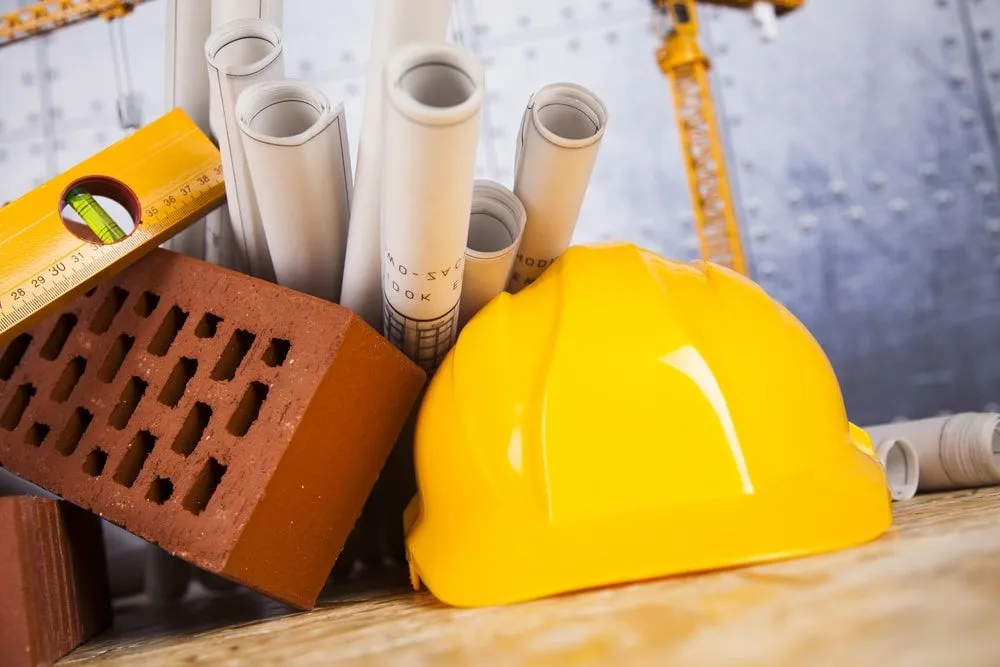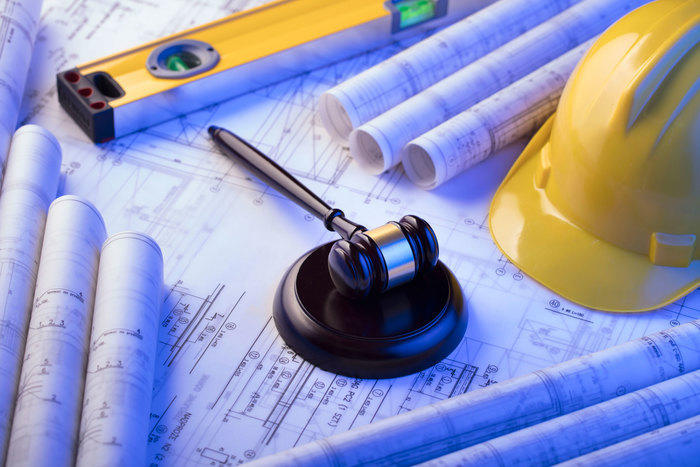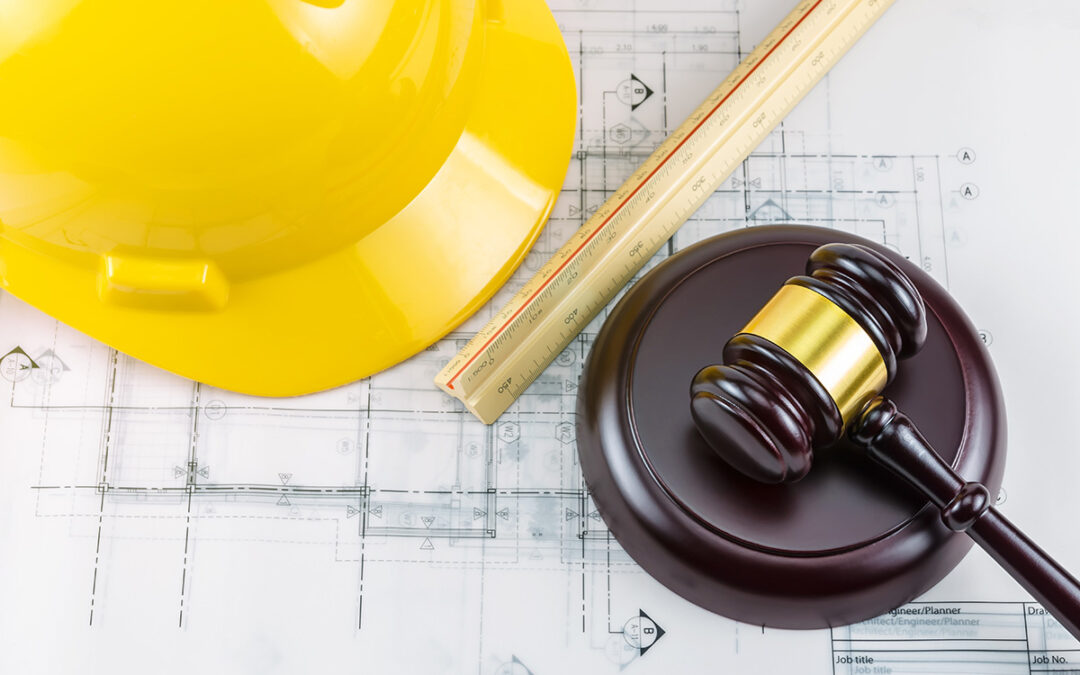Building and construction law encompasses a wide array of legal principles that govern the planning, execution, and completion of construction projects. In Sydney, these laws are crucial for ensuring that projects adhere to local codes, standards, and regulations. This guide aims to shed light on the fundamentals of building and construction law and provide insights into the legal framework that supports compliance in the construction industry.
Understanding the Basics of Building and Construction Law
Building and construction law is a specialized area of law that addresses various aspects of the construction process. It involves the interpretation of statutes, regulations, and case law as they pertain to construction projects, ensuring that all parties adhere to established legal standards.
Understanding the basics of this law includes familiarizing oneself with key principles, local regulations, and the significance of compliance. It is essential for contractors, developers, and property owners to be aware of these laws to avoid potential legal disputes and liabilities. Additionally, the dynamic nature of the construction industry, with its rapid technological advancements and evolving safety standards, necessitates ongoing education and awareness of legal changes that could impact projects.
Key Principles of Construction Law
Several key principles underpin construction lawyer. Firstly, the principle of contract law is paramount. Contracts govern the relationships and obligations between parties involved in a construction project. It is vital that all parties understand their rights and responsibilities as outlined in these contracts. This understanding can prevent misunderstandings and conflicts that may arise during the construction process, ultimately leading to smoother project execution.
Secondly, risk allocation is another critical aspect. Construction projects inherently involve risks, and effective risk management strategies must be in place to mitigate these risks. This can involve the use of insurance and bonding and adherence to safety regulations. For instance, construction firms often employ risk assessment tools to identify potential hazards and implement proactive measures, ensuring that both workers and the public are protected throughout the project lifecycle.
Lastly, compliance with statutory regulations is non-negotiable. Laws at both state and federal levels dictate various facets of the construction process, from planning to execution, making compliance essential for successful project completion. These regulations often encompass zoning laws, building codes, and environmental regulations, which are designed to protect not only the workers but also the surrounding community and ecosystem.
Importance of Legal Compliance in Construction
Legal compliance in construction is vital for safeguarding the interests of all stakeholders involved. Non-compliance can lead to severe repercussions, including fines, project delays, and legal disputes. Moreover, adherence to legal standards ensures the safety and quality of construction works. This is particularly crucial in large-scale projects, where the complexity of regulations can be overwhelming, and the stakes are significantly higher.
In addition, compliance helps in maintaining public trust. The community relies on construction entities to deliver safe and sustainable infrastructures, such as residential buildings, commercial spaces, and public infrastructure. Failing to comply with legal requirements can lead to negative perceptions and harm a company’s reputation. Furthermore, a strong track record of compliance can serve as a competitive advantage, as clients and investors increasingly prioritize partnerships with firms that demonstrate a commitment to ethical practices and regulatory adherence. By fostering a culture of compliance, construction companies not only protect their interests but also contribute positively to the industry’s overall integrity and sustainability.
Navigating Sydney’s Construction Regulations
In Sydney, navigating the complex landscape of construction regulations requires a thorough understanding of local building codes and standards. These rules are designed to ensure safety, environmental sustainability, and quality in construction practices.
Additionally, it is essential for contractors and developers to stay updated on any changes to these regulations. This can often be a challenging task given the dynamic nature of regulations and the diverse range of projects. Regularly attending industry seminars and workshops can be beneficial, as they provide insights into upcoming changes and best practices from experienced professionals.
Local Building Codes and Standards
Local building codes in Sydney dictate the minimum construction standards required for any building project. These codes address various elements, including structural integrity, safety, and accessibility. Understanding these codes is essential for architects, engineers, and construction managers as they dictate the technical specifications that must be adhered to throughout the project lifecycle.
Beyond technical specifics, compliance with local codes also impacts project timelines and budgets. Non-compliance can result in costly reworks, project delays, and additional inspections. Therefore, a firm grasp of local codes can lead to smoother project delivery. Furthermore, engaging with local councils early in the planning process can help clarify any ambiguous requirements and streamline the approval process, ultimately saving time and resources.
Environmental and Safety Regulations
In recent years, environmental considerations have gained prominence within the construction industry. Environmental regulations aim to minimize the impact of construction on surrounding ecosystems and promote sustainable practices. This includes waste management, water conservation, and energy efficiency measures. For instance, initiatives such as the use of recycled materials and sustainable sourcing are becoming increasingly common, reflecting a shift towards greener building practices.
Safety regulations are equally important, governed by legislation that requires construction sites to meet strict safety standards. These regulations protect workers from potential hazards and outline obligations for training, safety equipment, and worksite management. An awareness of these regulations is crucial for fostering a culture of safety on-site. Additionally, implementing regular safety audits and training sessions can significantly reduce the risk of accidents, ensuring that all team members are well-informed and prepared to handle potential emergencies effectively.

Legal Requirements for Construction Projects
Construction projects in Sydney are subject to various legal requirements that must be fulfilled to ensure compliance. This section highlights the most pertinent requirements, including permits, licenses, and contracts. Click here to learn about the benefits of hiring the best commercial lawyers in Sydney for your business.
Understanding these legal requirements is a vital step in the planning phase, as failing to secure necessary permits can lead to project cancellations or fines.
Permit and Licensing Requirements
Before commencing any construction project, contractors must obtain the necessary permits and licenses from local authorities. This process typically involves submitting detailed plans, undergoing inspections, and obtaining approvals.
Specific permits required can vary based on the project type and scope. Common permits include planning permits, building permits, and environmental approvals. Engaging with local councils early in the project can streamline this process and ensure compliance with all local requirements.
Construction Contracts and Legal Obligations
Construction contracts detail the obligations of all parties involved in the project. They outline the scope of work, timelines, payment terms, and dispute resolution mechanisms. A thorough understanding of these contracts is essential for avoiding potential legal disputes.
Moreover, many contracts include clauses to address unforeseen circumstances, such as delays due to weather or changes in scope. Recognizing these clauses helps parties mitigate risks and manage expectations effectively.
Dispute Resolution in Construction Law
Disputes are not uncommon in the construction industry and can arise from various sources, including delays, cost overruns, and contract breaches. Understanding how to navigate these disputes is essential for all parties involved.
This section explores common causes of disputes and the legal procedures available for resolution.
Common Causes of Construction Disputes
Several factors contribute to disputes in construction projects. Miscommunication between parties often leads to misunderstandings regarding project scope and timelines.
Additionally, issues related to contract interpretations, such as vague terms or conflicting clauses, can cause significant friction. It’s crucial for all parties to back disputes with clear documentation from the outset to support claims and facilitate resolution.
Legal Procedures for Dispute Resolution
Once disputes arise, several legal procedures can assist in resolution. The first step often involves negotiation between parties to reach an amicable solution. If negotiation fails, alternative dispute resolution methods such as mediation and arbitration can be utilized.
In cases where these methods are ineffective, litigation may be necessary. Understanding the costs, timeframes, and potential outcomes of each method can guide parties in selecting the most appropriate path for resolution.
The Role of Legal Professionals in Construction Law
Legal professionals play a vital role in navigating the complexities of building and construction law. Their expertise is invaluable at every stage of a project, from planning and permits to contract negotiations and dispute resolution.
Understanding when and why to seek legal counsel can be a significant advantage for anyone involved in the construction industry.
When to Consult a Construction Lawyer
It is prudent to consult a construction lawyer during key phases of a project or when facing potential legal issues. Engaging a lawyer during contract negotiation can help identify potential pitfalls and clarify obligations from the outset.
Additionally, if disputes arise, delaying legal consultation could exacerbate the situation. Early legal intervention can provide clarity and lead to early resolutions, saving time and resources.

How Legal Professionals Can Ensure Compliance
Construction lawyers provide essential support in ensuring legal compliance. They can help navigate local regulations, assist in securing necessary permits, and provide ongoing advice throughout the project lifecycle.
Moreover, they possess the expertise to draft and review contracts, ensuring that all legal requirements are met and that rights are protected. Their involvement can significantly reduce the risk of conflicts arising during a project.
In conclusion, compliance with building and construction law is paramount for successful project delivery in Sydney. By understanding these legal intricacies and involving legal professionals at the appropriate times, stakeholders can better navigate the complexities of the sector and achieve their project goals efficiently and effectively.
